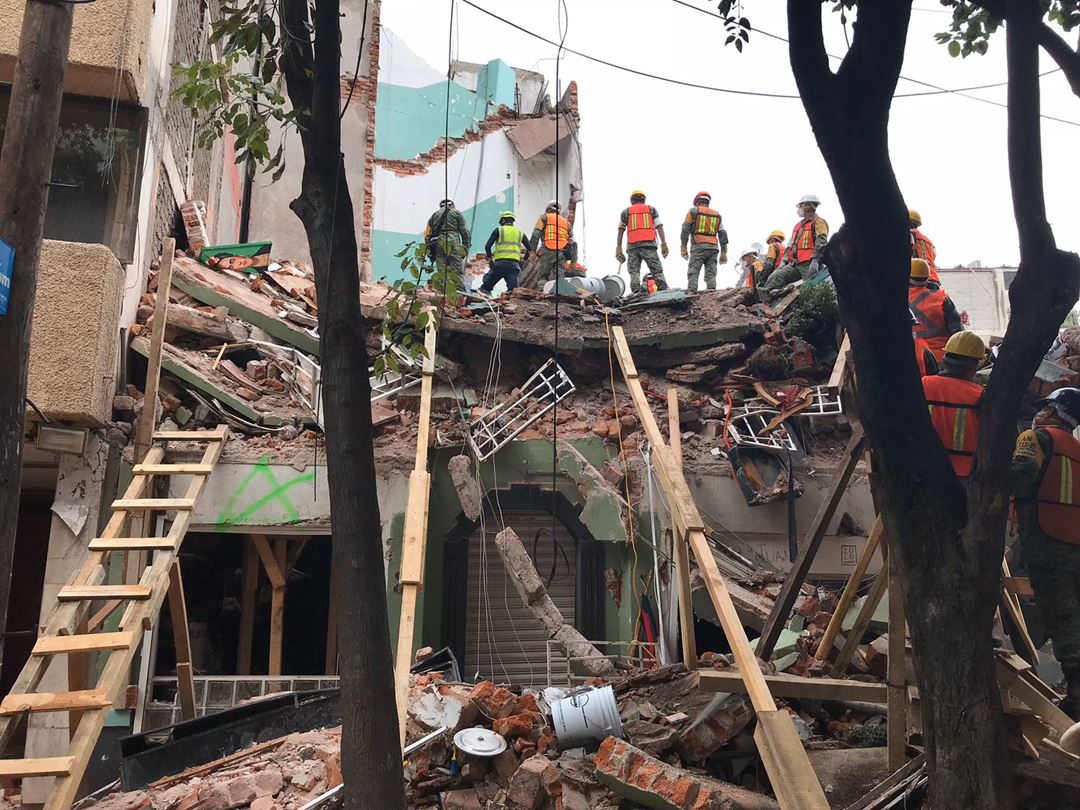Improve the interaction between the actors in disaster management
In order to achieve society's ability to cope with disasters (its resilience), the involvement of the population is required. When a disaster occurs, the population can contribute with resources and information that contribute to a positive response and recovery after the event. The population's participation nevertheless leads to new risks and uncertainties in a complex situation. The purpose of the ENGAGE project is to improve the interaction between formal and informal actors in disaster management. The primary goal is to make collaborative solutions more familiar and usable for the authorities and emergency organisations. The solutions mean, for example, technologies, methods, guidelines, strategies or approaches.
Knowledge about the population's contribution to disaster management
An important result of the project is knowledge about the population's contribution to disaster management and about the needs to strengthen this contribution. This is the basis for a conceptual model for societal resilience. The work is based on a literature review, interviews, surveys and extensive cases analysis.
Inspiration and guidance to the authorities and emergency organisations
Based on this knowledge, the main result of the project is the "Catalogue of Solutions" (CoS). The catalogue will provide inspiration and guidance to the authorities and emergency organisations. The CoS is embedded in a knowledge platform that provides additional information, for example a list of informal solutions stemming from citizen initiatives.
AI-based chatbot for emergency communication
An AI-based chatbot for emergency communication was also developed. The chatbot is a functional prototype of an extensive bluepring informed by literature review and expert input.
Validation exercises were carried out in Trondheim (Norway), Rome (Italy), the Basque Country (Spain) and Romania.






